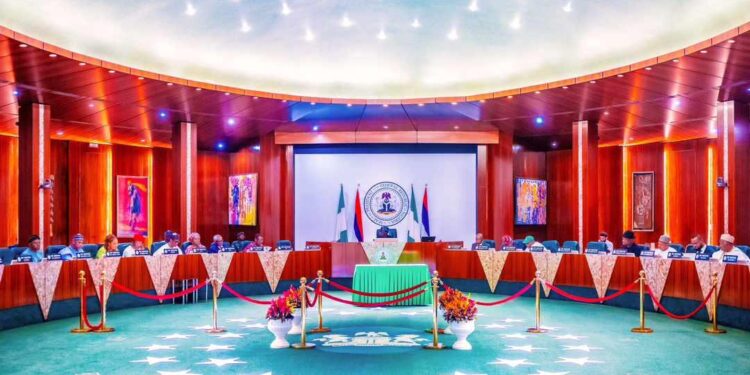The Federal Government and state governors have reportedly reached a three-month agreement to delay the implementation of financial autonomy for local governments, citing concerns over salary payments and operational viability. This decision means that local governments may have to wait until October before the direct payment law is implemented into their respective accounts, The PUNCH reported on Monday.
This development follows the Supreme Court’s landmark judgment on July 11, 2024, which affirmed the financial autonomy of the 774 local governments in Nigeria. The court ruled that state governors could no longer control funds meant for local councils and directed the Accountant-General of the Federation to pay local government allocations directly to their accounts. The court also declared the non-remittance of funds by the 36 states as unconstitutional.
Under former President Muhammadu Buhari, the Nigerian Financial Intelligence Unit (NFIU) issued a regulation effective from June 1, 2019, banning transactions on State and Local Governments Joint Accounts. Funds were to be sent directly to the accounts of local governments, and cash withdrawals from these accounts were limited to a maximum of N500,000 per day. However, the Nigerian Governors’ Forum opposed this regulation, leading to the NFIU capitulating and maintaining the status quo until May 2024.
In May 2024, the Attorney-General of the Federation, Lateef Fagbemi (SAN), filed a suit at the Supreme Court to reinforce local government autonomy as guaranteed by the constitution. The suit aimed to prevent state governors from dissolving democratically elected local government councils and establishing caretaker committees, which violate constitutional provisions. The AGF argued that the constitution mandates a democratically elected local government system and does not permit alternative governance structures.
The suit also sought to ensure that funds from the Federation Account be directed to local governments, bypassing the joint accounts managed by state governors. The Federal Government requested an injunction to prevent governors and their agents from receiving or spending local government funds without a democratically elected local government system in place. It argued that governors’ failure to establish such a system constitutes a deliberate subversion of the 1999 Constitution.
The Supreme Court heard the case on June 13, with state governments, through their attorneys-general, opposing the suit. In its unanimous judgment on July 11, 2024, the Supreme Court upheld the suit brought by the Federal Government to strengthen local governments’ independence. Justice Emmanuel Agim, delivering the lead judgment, ruled that local governments should receive their allocations directly from the Accountant-General of the Federation. He declared it illegal and unconstitutional for governors to receive and withhold funds allocated to local government areas in their states.
The Supreme Court’s decision was praised by many Nigerians, including local government chairmen, who viewed it as a positive step toward restructuring the country. Although some governors expressed concerns, the Nigeria Governors’ Forum, through its chairman and Kwara State Governor, AbdulRahman AbdulRazaq, welcomed the judgment as a relief from the financial burden on state governments.
Speaking to journalists after meeting with President Bola Tinubu on July 12, a day after the judgment, AbdulRazaq stated, “The governors are happy with the devolution of power regarding local government autonomy. The public really doesn’t know how much states spend on bailing out local governments.”
























